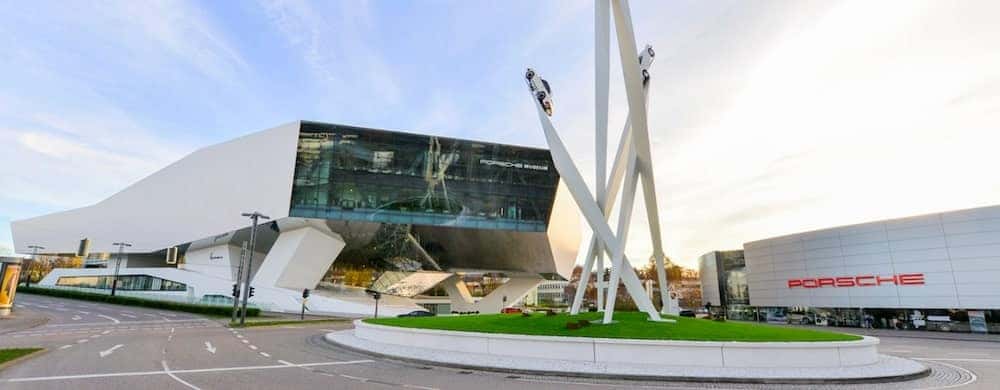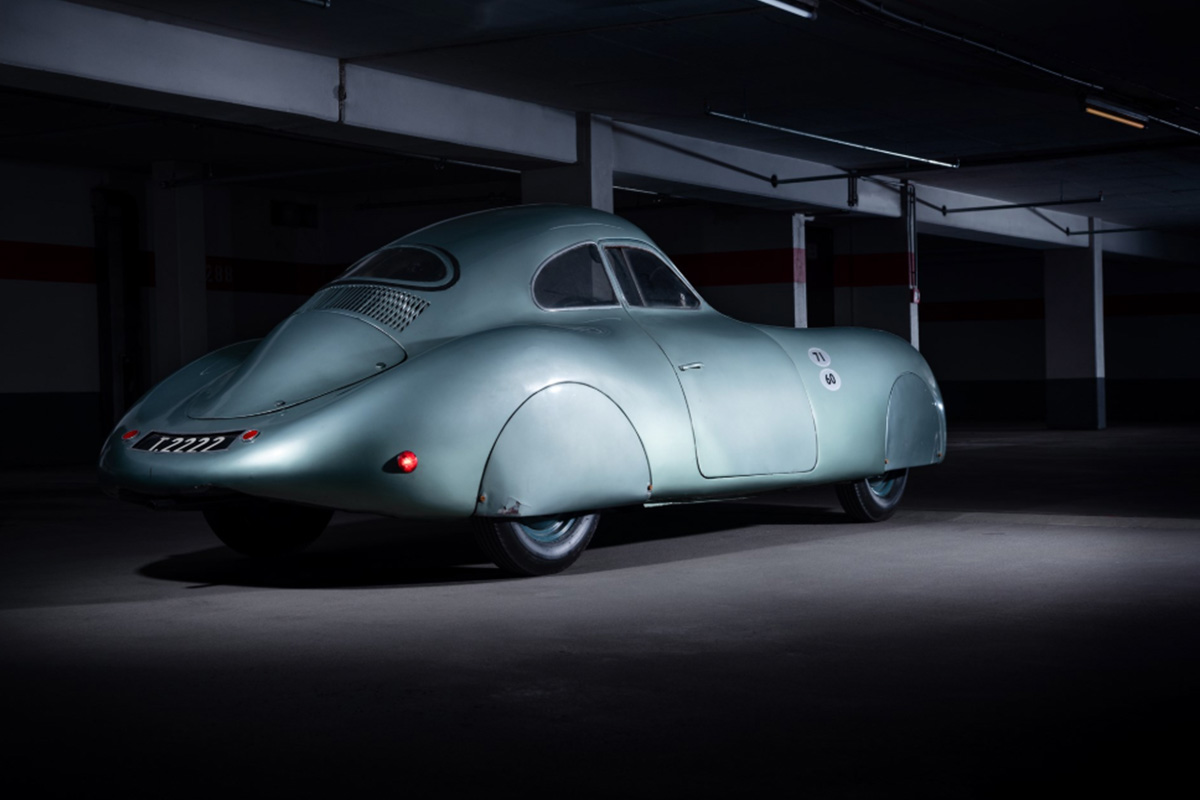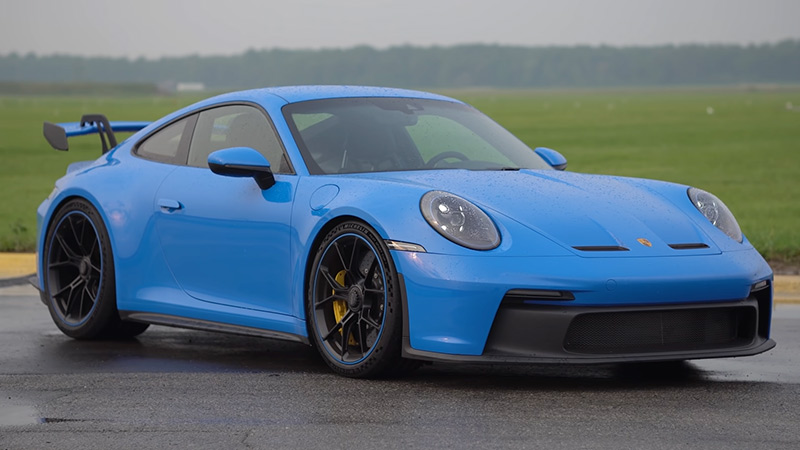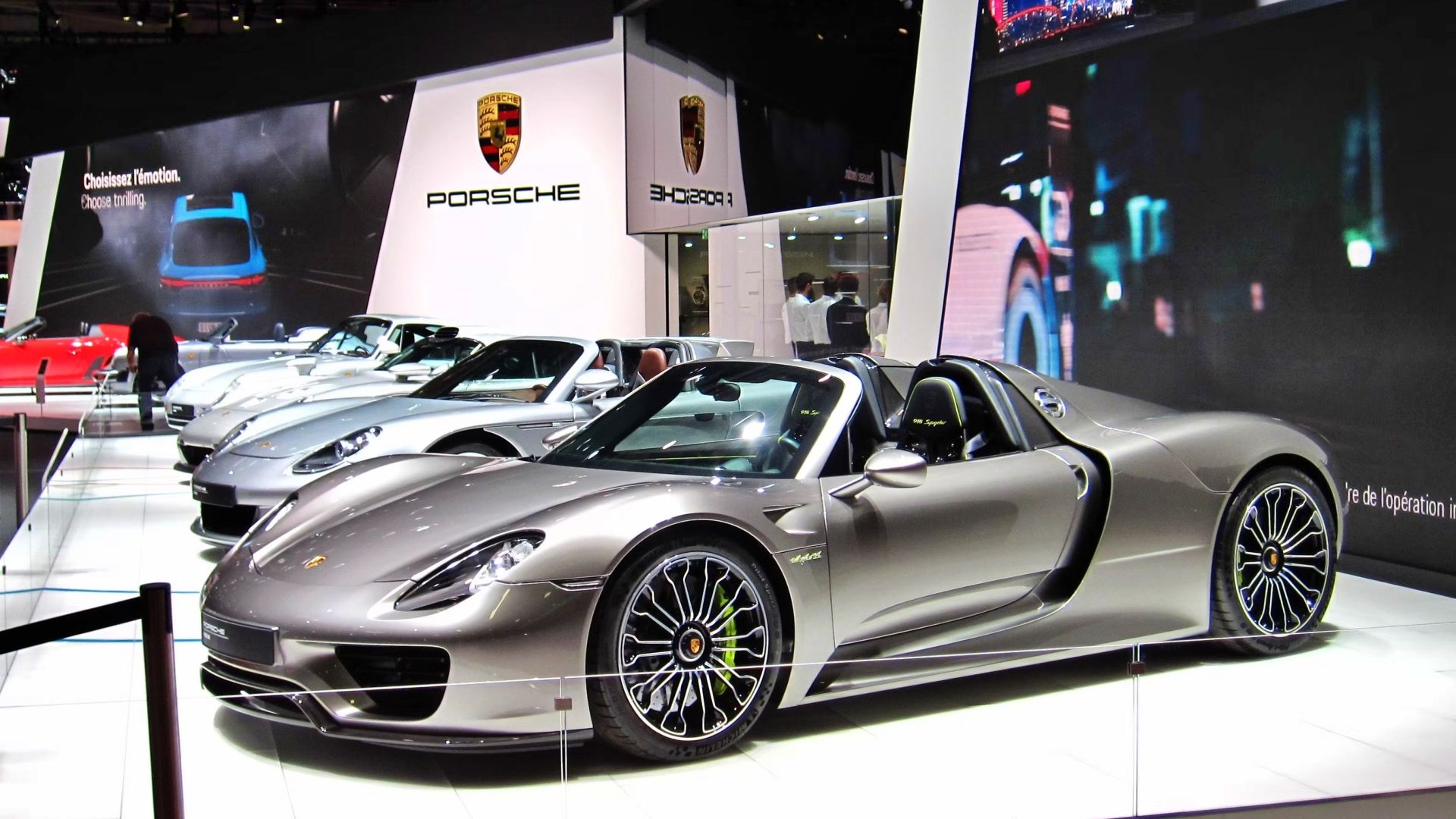Porsche: Where Are They Made?
Share

Porsche is a name synonymous with luxury, performance, and engineering excellence. For over 70 years, Porsche has stood at the forefront of the automotive industry, captivating enthusiasts and collectors alike. One of the questions that frequently arises among fans and potential buyers is, “Porsche, where are they made?” This article explores the birthplace of these remarkable machines, shedding light on the various production sites that contribute to Porsche's illustrious lineup.
The Origins of Porsche
Founded in 1931 by Ferdinand Porsche in Stuttgart, Germany, the company initially offered vehicle development consulting. The first car produced under the Porsche name, the iconic Porsche 356, was introduced in 1948 by Ferdinand's son, Ferdinand "Ferry" Porsche. The brand quickly gained a reputation for its lightweight sports cars that boasted excellent performance and handling, and production was firmly anchored in Germany.

Manufacturing Locations
While Porsche has retained a strong presence in Germany, the company has expanded its manufacturing footprint over the years to accommodate increasing production demands and strategic market positioning. Below are the primary sites where Porsches are manufactured:
1. Stuttgart-Zuffenhausen
Most Porsches, including the iconic 911 and the Porsche Taycan, are produced at the Stuttgart-Zuffenhausen plant, located in the heart of Porsche's home city. This facility features cutting-edge technology and a commitment to sustainability, often utilizing green energy sources. The factory is responsible for crafting the intricate components that define Porsche's quality and performance.

2. Leipzig
Opened in 2002, the Leipzig plant produces the Porsche Macan and Porsche Panamera. This high-tech facility is known for its impressive production capacities and innovative assembly processes. The Leipzig plant plays a crucial role in fulfilling global demand for these popular models, leveraging automation and robotics to enhance efficiency and precision.

3. Exclusivity with Limited Production Models
While the main production plants handle the bulk of manufacturing, Porsche also operates specialized facilities focusing on limited production models. The Porsche Exclusive Manufaktur, located at the Zuffenhausen site, is dedicated to customizing vehicles to meet individual customer specifications, allowing buyers to personalize their Porsches down to the finest detail. The craftsmanship that occurs here creates an exclusive aura around models like the Porsche 918 Spyder and the 911 Turbo.
4. International Ventures
In addition to its German roots, Porsche has strategically expanded its global presence. For instance, an assembly facility exists in South Africa, primarily dedicated to producing the Cayenne, while several vehicles are also sourced through Porsche's network of partners worldwide. These international operations ensure that Porsche remains agile and responsive to market dynamics, catering to an increasingly global customer base.

The Significance of Local Manufacturing
Understanding where Porsches are made is crucial for several reasons. First, local manufacturing allows Porsche to maintain stringent quality controls, ensuring every component meets the company's high standards. This dedication to quality is pivotal in achieving safety and performance benchmarks and elevating the customer experience.
Moreover, local production contributes to Porsche's commitment to sustainability. The company has invested heavily in green technologies, reducing its environmental footprint via sustainable manufacturing processes in its German facilities. As consumers increasingly prioritize eco-conscious brands, Porsche's environmental initiatives have become an integral part of its identity and storytelling.
A Global Brand with Local Heritage
Though Porsche is a global brand, the soul of the company remains firmly grounded in Germany. The meticulous craftsmanship, engineering prowess, and innovative technologies developed in its factories resonate through every model produced. When asking, “Porsche, where are they made?” enthusiasts can take pride in knowing that each car is the result of dedicated teams of engineers, designers, and technicians who share a passion for excellence.
Projects like the Taycan reflect Porsche's forward-thinking spirit, merging traditional manufacturing techniques with the latest in electric vehicle technology. The evolution of Porsche's production sites ensures that they can produce an elite range of sports vehicles while pushing boundaries and leading the industry toward a sustainable future.
Conclusion
In conclusion, understanding where Porsches are made provides deeper insight into the brand's commitment to quality, craftsmanship, and innovation. Being produced primarily in Stuttgart-Zuffenhausen and Leipzig, these production facilities play a critical role in Porsche's global strategy. Whether you're eyeing the formidable 911 or the electric Taycan, the lineage stitched into every car speaks volumes of Porsche's rich heritage and dedication to maintaining the highest standards of performance and luxury.
As the automotive industry continues to evolve, so will Porsche's manufacturing strategies, adapting to consumer preferences while respecting its storied past. When you slide behind the wheel of a Porsche, you're not just driving a car; you're experiencing a piece of automotive history crafted in the heart of Germany.